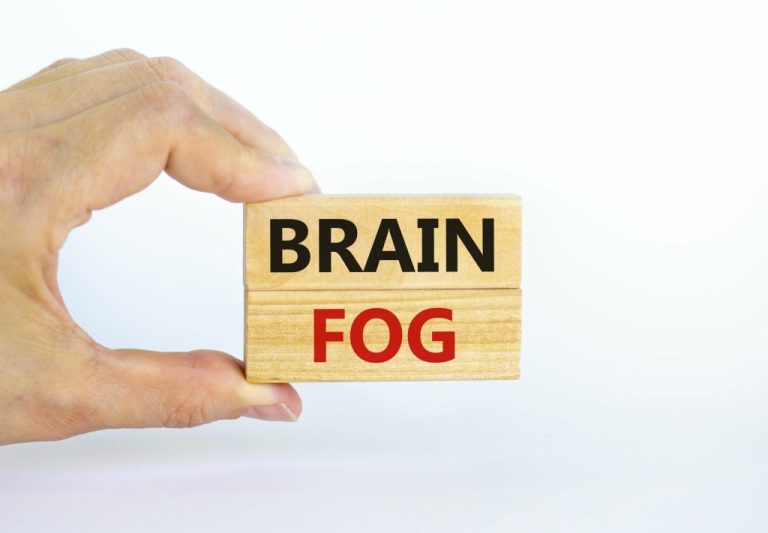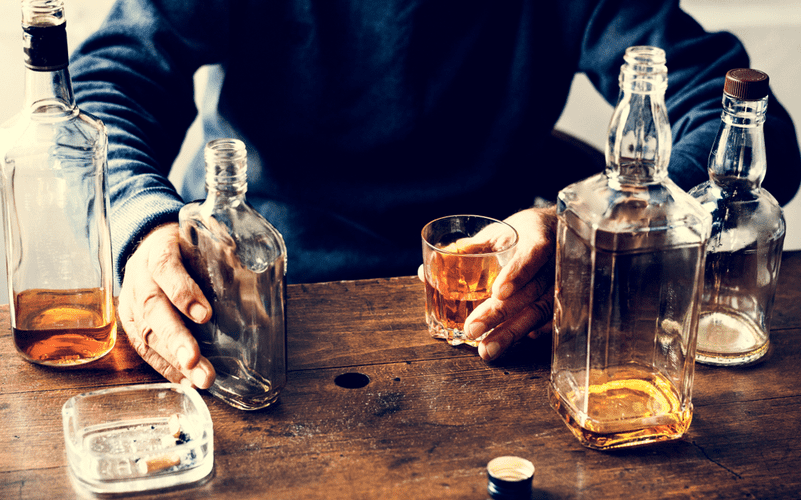Content
- Ways People Get Drunk without Drinking
- Why do humans like to get drunk? You asked Google – here’s the answer
- Your brain and nervous system
- Does alcohol help with anxiety?
- The Short-Term Effects of Consuming Alcohol
- What are the short and long-term effects of alcohol use on your brain and body?
- How Long Does Being Drunk Last?
If you tend to go a bit overboard when drinking and smoking, you should avoid mixing booze with bud. Many of us undergo a celebratory initiation when we reach drinking age (though this often occurs much earlier!). From this point, booze remains the centre of many social interactions. It serves as a social lubricant at pubs and bars, and forms a key part of sophisticated dining experiences.

You may have wondered why you have to visit the restroom a lot more when you’ve been drinking. Alcohol negatively affects one of the hormones in our brain that determines our urine production. Without this hormone working appropriately, our body suddenly decides that it needs to produce more urine. This is definitely inconvenient, but it can also be dangerous. If you are not replacing what you pee out, you may become dehydrated after a night on the town.
Ways People Get Drunk without Drinking
Your liver responds by breaking the alcohol down into water and carbon dioxide. Without grub in your gut, the concentration of alcohol in your blood quickly spikes, according to a small 1997 study. If you drink one or fewer alcoholic drinks each hour, you are either sober or barely inebriated. Loss of consciousness, vomiting, and blackouts are among the more serious adverse effects. But alcohol has one advantage over drugs like heroin and cocaine.
- At 0.15%, you may become confused, disoriented, and have difficulty walking or standing.
- Negative alcohol-related consequences, including health consequences, affect the less well off much more despite their more modest average consumption.
- Foods like crackers, bread, and oatmeal slow the absorption of alcohol into the bloodstream, making them good choices.
Instead of drinking beer or wine, I began bringing my kombucha to parties. We each have our own individual reasons for why we drink wine, beer, or hard liquors. The interaction of diazepam 0–40 mg with methadone (mean dose 69 mg) has been explored in four patients (121c). The combination resulted in increased sedation and impaired reaction times, attention and psychomotor skills. These effects peaked within the first 2 hours of administration. Oxygen saturation was also reduced when higher doses of methadone (150% of the usual dose) were used in combination.
Why do humans like to get drunk? You asked Google – here’s the answer
Females have more body fat than men and fat tends to retain alcohol which leads to higher blood alcohol concentrations and longer periods of drunkenness than males who drink the same amount. If you’re concerned about the long-term risks of drinking, that’s a sign it’s worth taking a closer look at your relationship with alcohol. At Monument, we offer evidence-based tools to help you create healthier drinking habits, including alcohol therapy, medication to stop drinking, and peer support. The body is capable of healing in incredible ways, and many of these long-term effects can be prevented or minimized by cutting back or cutting out alcohol. As a depressant, alcohol slows down the central nervous system. That’s why drinking alcohol can make you feel groggy, and cause you to struggle with answering complex questions.

You know that dumb sensation you have after a glass of wine? The last thing you want is for your lack of sleep to cause a car accident where you are at fault. “Buzzed” and “tipsy” are relatively the same in terms of definition. Nobody is the same; but for women, it usually takes 1-2 drinks an hour to feel effects of alcohol in the brain and body.
Your brain and nervous system
To go the natural route, it’s important to request a fluid bag without over-the-counter medications if you want to go the natural route. The only way to sober up is to wait until your body has processed all the alcohol in your system. At a BAC of 0.10%, you may experience slurred speech, impaired memory, and a loss of coordination. At 0.15%, you may become confused, disoriented, and have difficulty walking or standing. At a BAC of 0.20%, you may experience extreme confusion, loss of consciousness, and even coma.
Can I wake up drunk?
Yes, you can get a DWI the morning after drinking. The effects of alcohol don't always wear off by the time you wake up after a night out, meaning you may still be legally drunk by the time you get behind the wheel.
And you smell like a bar, you can bet that the police will still elect to conduct the standardized field sobriety tests — and that you will still fail them. Smelling like alcohol is considered probable cause and will absolutely provoke questioning and tests. My kombucha would give me that same comfort of having a drink in my hand, knowing I had a yummy beverage to sip on. Also, I was always able to drive everyone else home safely after a night of drinking. To cope with dose differences, each effect was related to the reduction of saccadic peak velocity (SPV), as slopes of the regression lines. In this overview, these results are presented as percentages of the lorazepam effect/SPV slopes (see Section IV.C for further explanation).
Protein is particularly important because it digests slowly and can therefore slow absorption and minimize the effects of alcohol on the body. The speed with which alcohol is metabolized in the body depends on the presence (or absence) of liver enzymes. Also, female bodies contain less water that would dilute alcohol and they produce less of the liver enzyme dehydrogenase than males which would help the liver metabolize the alcohol more quickly. From the time you take a sip of alcohol to when it exits your body, it passes through and impacts many vital organs. Here’s how alcohol affects some of your organs as it makes its journey through your body. Overall, short-term mood changes vary from individual to individual.
- Authorities outlawed the herb back in 1387 in Arabia, and many nations banned the plant during the 1800s.
- When you are dehydrated, your body’s ability to process and eliminate alcohol becomes less efficient.
- Taking the right combination of nutrients can help your body recover from hangovers or manage addictions.
- When someone drinks for long enough, imbalances of these neurotransmitters can arise within the brain.
Pace yourself and drink water in between alcoholic drinks so that your brain won’t get dehydrated. And remember, while being drunk and buzzed is slightly different, there is a fine line that can turn a great night into a terrible one. Whether you plan to have 2 drinks or 6, be sure to bring someone who isn’t drinking along with you.
If you have a diagnosed anxiety disorder, drinking alcohol is risky. This is because having an anxiety disorder puts you at a higher risk of developing an alcohol use disorder. But drinking alcohol can quickly Selecting the Most Suitable Sober House for Addiction Recovery turn into an unhealthy coping mechanism that people use to lessen anxiety symptoms. But lots of peeing and not drinking enough nonalcoholic fluids will make you thirsty and dehydrated — and even drunker.
- When you understand where your personal limit falls between being drunk and buzzed, you know when to stop and keep the night going smoothly.
- Alcohol’s health impact can extend far beyond that morning after — especially if it’s one hangover of many.
- Visit the Islamic world, and you’ll find a strict aversion to booze.
- The effects of alcohol on the body can vary from person to person, depending on various factors such as age, weight, and metabolism.
